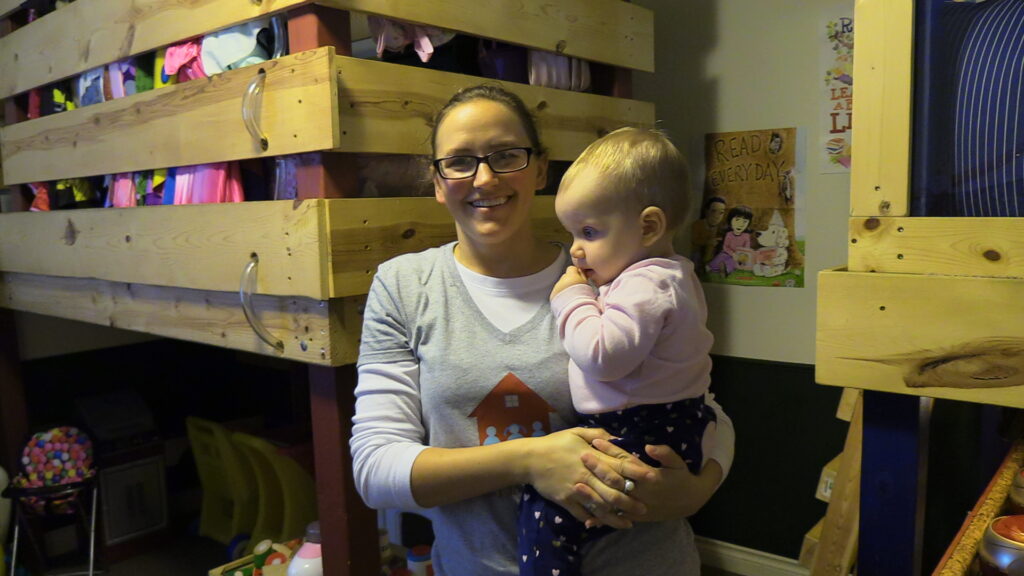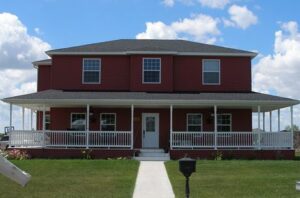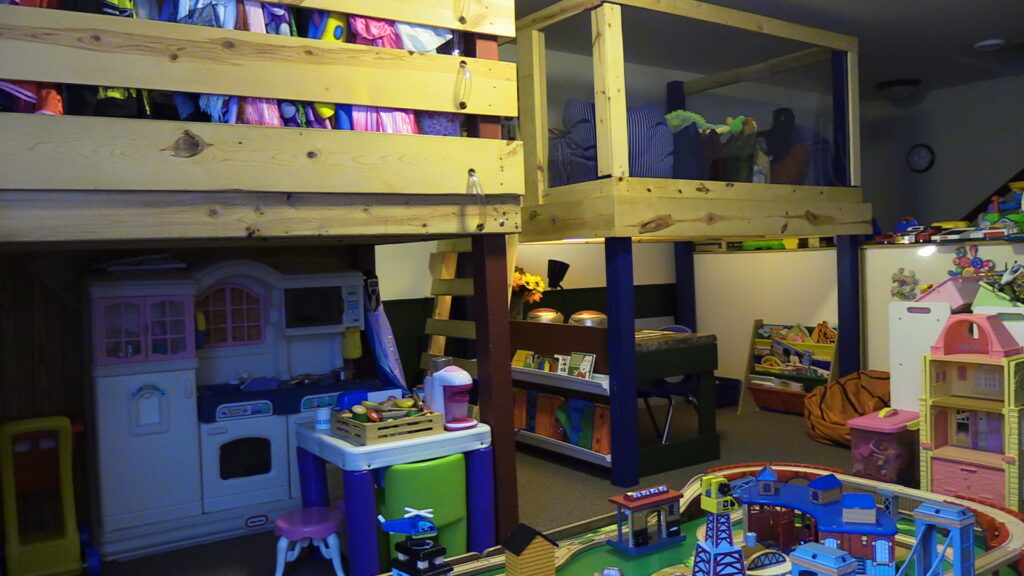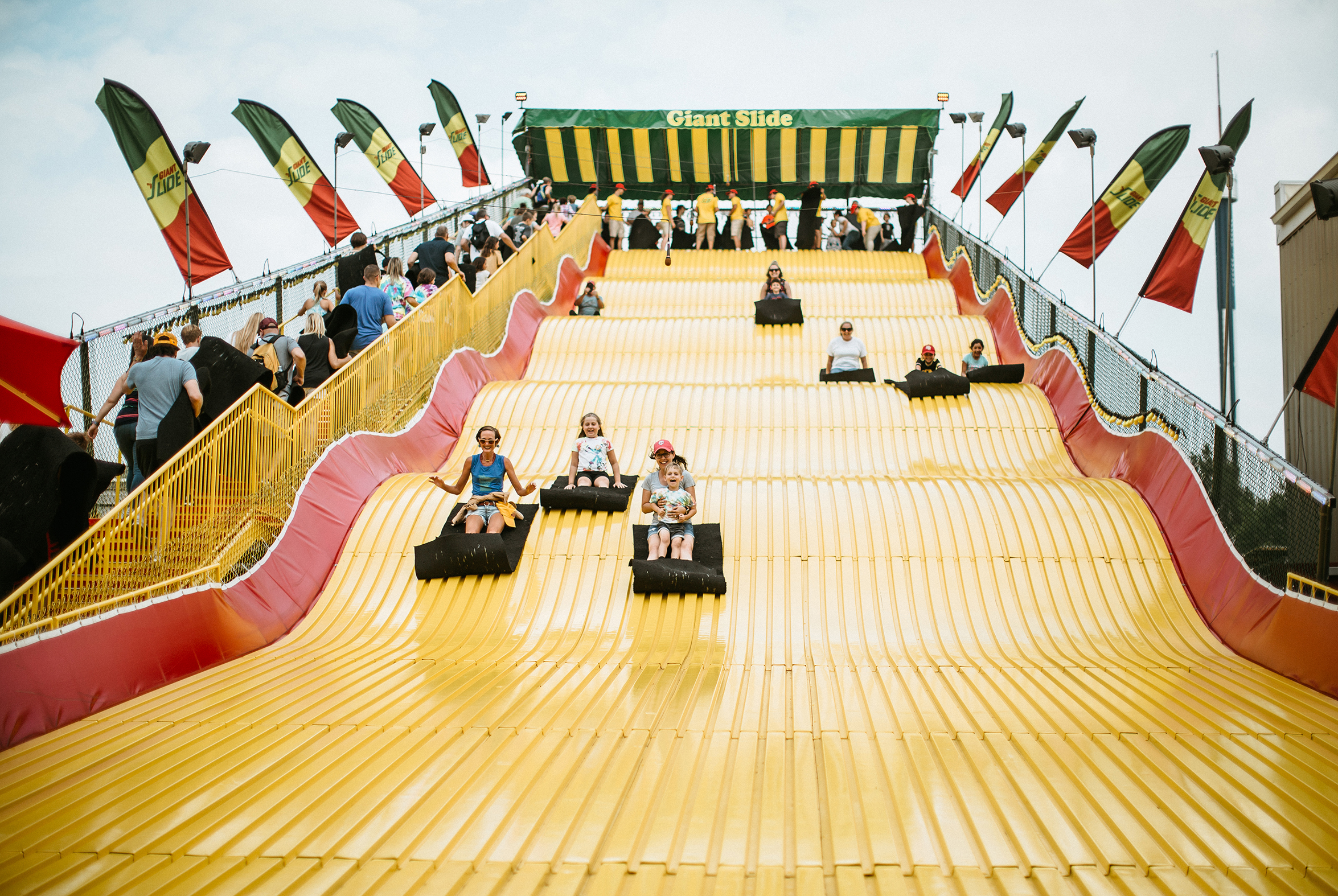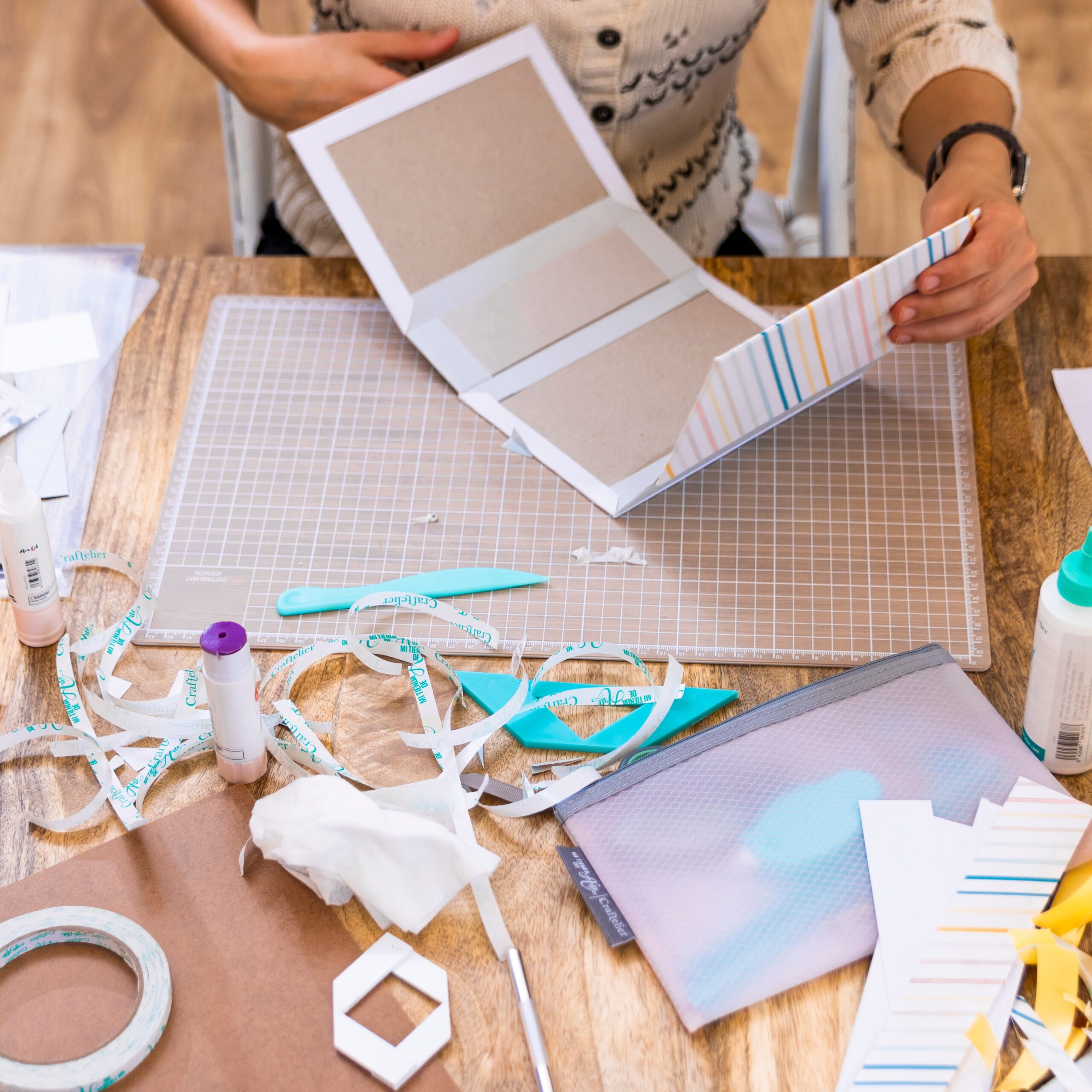Early Education Spotlight is an ongoing series that showcases great work happening in high-quality child care and preschool settings across Minnesota. From innovative early learning programs to parent perspectives on what works, check out the Early Education Spotlight for unique examples of Minnesota’s early learning successes.By Marie Huey, Public Policy & Advocacy CoordinatorVideo by Kristie Thorson, Communications Specialist
“I need to step up my game to ensure the kids who go through my program are learning, are healthy, are happy, are engaged.”This is one of many pieces of knowledge Greta Miller has gained during her journey as a child care provider, and every day she works to meet these goals. She began 18 years ago when her first child was born. While attending college, she formed a partnership with another student-parent, and they shared responsibility of running a family child care program. Greta left school, but continued to do child care in Moorhead, Minnesota—first in a rented duplex, then in a home.In her old house, the child care materials were everywhere, and it was difficult to disconnect at the end of the day. She designed her current house with a dedicated basement space for child care including hard surface floors, a sink, a child-friendly bathroom, sleeping room, and space to keep supplies organized. She also gave it an inviting (and accurate) name: Big Red House.Greta figured she’d move on from child care when her five kids entered school, but she’s only grown to love it more now that they are older (her youngest is 6). She completed the Child Care Credential several years ago in Detroit Lakes. The series of classes/trainings refreshed her knowledge of child care development, connected her with a small community of dedicated providers, and motivated her to professionalize her program with a name, logo, and webpage.Watch this video to get a look inside the Big Red House.Pursuing new learning opportunities, like that credential, are what keep her engaged and motivated. She participated in Parent Aware when it first arrived in Clay County. Her awesome coach supported her to fine tune some of the strategies she was already using. Using a T.E.A.C.H. scholarship, she attended a Southwest Minnesota State University online program in early education. The internet also provides her with new inspiration for activities and supplies to keep the program engaging.One important experience that shapes her perspective was time spent in a kindergarten classroom. She was initially intimidated, worried that she wouldn’t be able to handle it. She quickly realized her child care background gave her the skills to feel competent in the classroom. “I could do this,” she realized. That experience also opened her eyes to another reality: children in the classroom demonstrated a wide range of abilities. Some were able to interact with other kids, wait their turn, and cut out simple projects. Others didn’t even know how to hold scissors or communicate with their peers. She vowed that her child care program would prepare kids for success in kindergarten.“Social skills are one of the biggest things I focus on because if you don’t have those, you’re not going to be ready to learn,” says Greta.She makes sure to give children many opportunities to practice the skills they will need to be successful in the future. Busy parents don’t always have the time to let children put on their own coat or wait for kids to use their words to express their needs. At Big Red House, Greta makes sure to allow time for those important moments.Although she continues to make adjustments and try new activities, Greta is great at breaking down some of the keys to success for her program. Here are a few of her words of wisdom:- “Everybody likes to play outside. Always.”
- For the most part, kids are content when they’re out there. Children find the activity they like and immerse themselves.
- Multi-age programming benefits all kids. “Younger kids learn from the older kids. Older kids learn to be helpful and care for little kids…they learn empathy.”
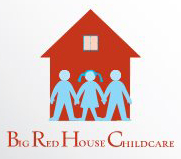 Greta provides age-appropriate variations for many activities. For instance, she has a three piece puzzle with knobs for the littlest hands, a five piece wooden puzzle, and traditional 100 piece puzzles for the older children, along with several in between. But allowing for interaction between the ages leads to all sorts of additional learning.“It’s mostly experiences,” Greta says. “You can’t just sit down and say okay, we have to share.”Children need opportunities to practice sharing. They need patient adults to guide them on what sharing looks like and how to use words to express their wants and needs. Greta facilitates many crucial social skills by providing those opportunities and guidance.“It can be changing the tiniest thing that gets kids interested again,” she adds.A new dollar store brush for the haircut and makeup dramatic play station caused everyone to want to play there for two days. Greta rotates toys to keep kids engaged and encourage exploration. This piece of wisdom seems to apply to the teacher as well as her students. The pursuit of new ideas and activities is what helps keep the Big Red House party going!
Greta provides age-appropriate variations for many activities. For instance, she has a three piece puzzle with knobs for the littlest hands, a five piece wooden puzzle, and traditional 100 piece puzzles for the older children, along with several in between. But allowing for interaction between the ages leads to all sorts of additional learning.“It’s mostly experiences,” Greta says. “You can’t just sit down and say okay, we have to share.”Children need opportunities to practice sharing. They need patient adults to guide them on what sharing looks like and how to use words to express their wants and needs. Greta facilitates many crucial social skills by providing those opportunities and guidance.“It can be changing the tiniest thing that gets kids interested again,” she adds.A new dollar store brush for the haircut and makeup dramatic play station caused everyone to want to play there for two days. Greta rotates toys to keep kids engaged and encourage exploration. This piece of wisdom seems to apply to the teacher as well as her students. The pursuit of new ideas and activities is what helps keep the Big Red House party going!

